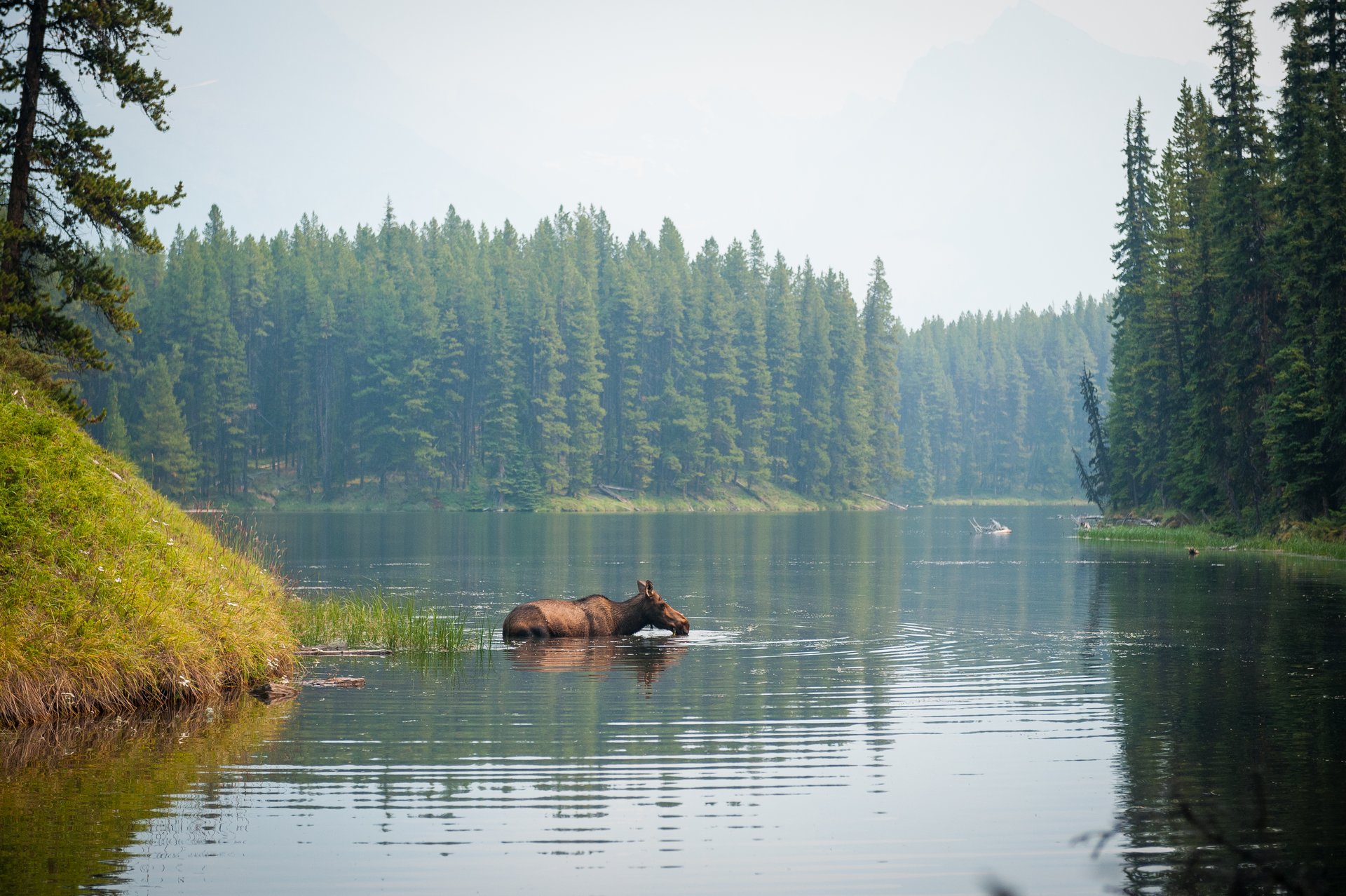Canada, a vast northern country, is rich in natural resources such as water, flora and fauna. However, these treasures are increasingly threatened by climate change, rapid urbanization and the expansion of agriculture.
To meet these challenges, our professors are actively working on innovative solutions. Their expertise extends to the management, protection and optimization of water treatment, as well as the preservation of ecosystem biodiversity. These efforts encompass the conservation of marine, fauna and flora species, essential to ecological balance.
By investing in research and adopting sustainable approaches, they are helping to protect our planet and safeguard its resources for future generations.
